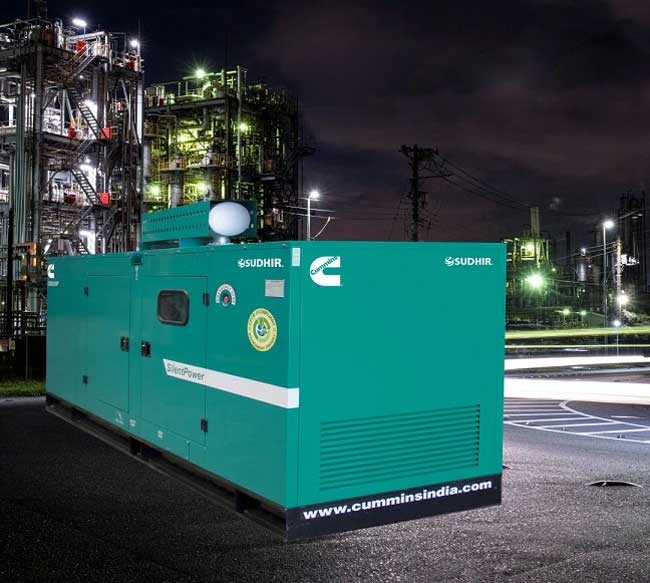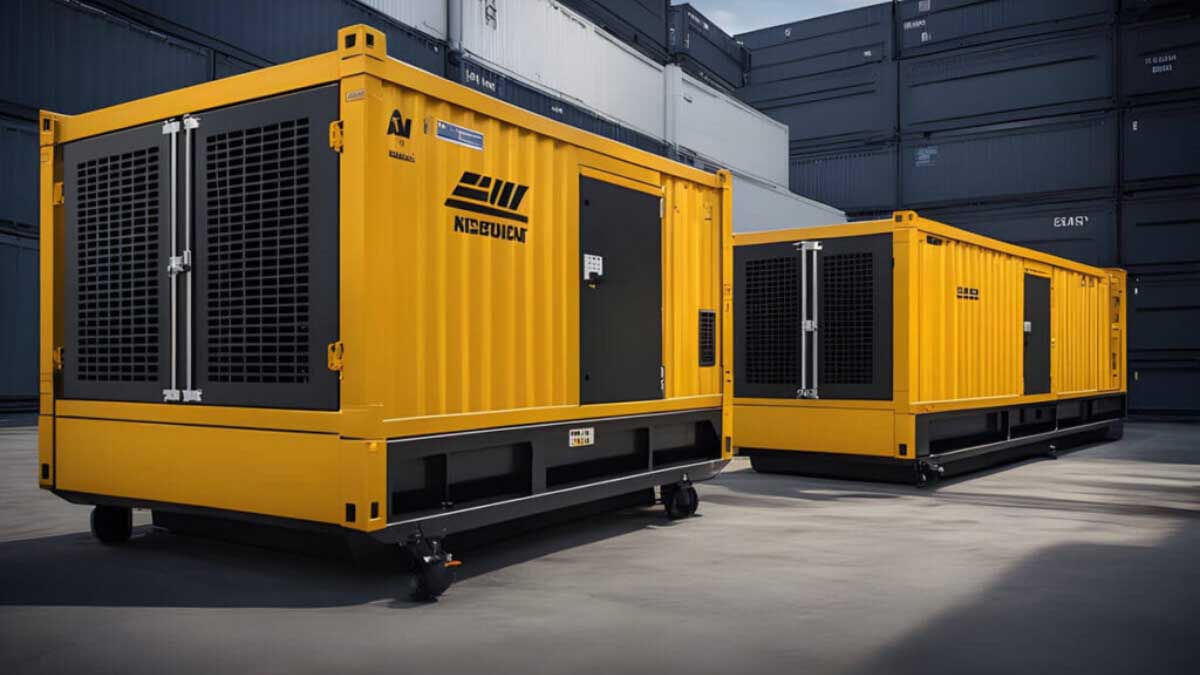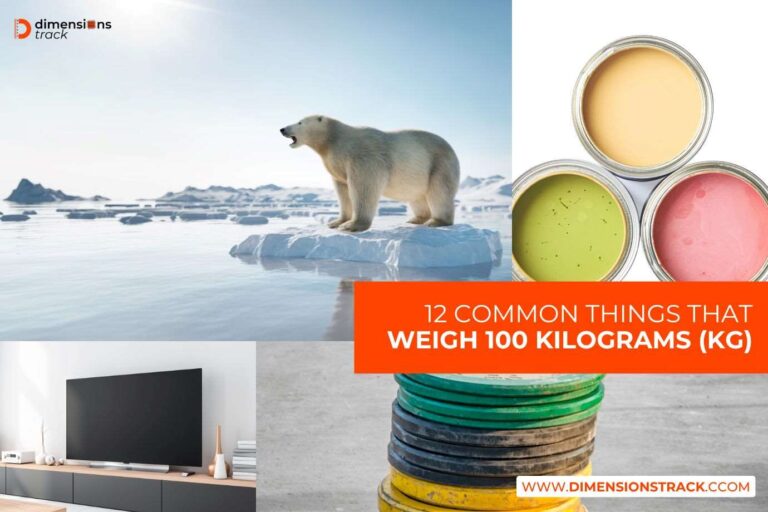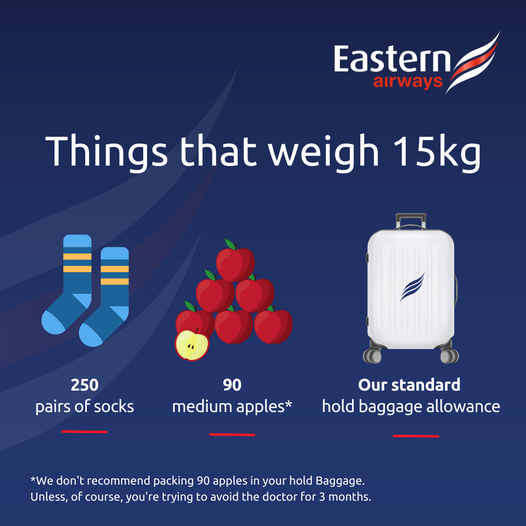Weight of Generator: Key Considerations for Selection
When it comes to choosing the right generator, weight is a crucial factor that often gets overlooked. Whether you’re planning a camping trip, preparing for emergencies, or setting up a construction site, understanding the weight of your generator can significantly impact portability and ease of use. A lighter generator might be easier to transport, but it could compromise on power output, while a heavier one could offer more power but be less convenient to move around.
You’ll find that generator weights vary widely depending on their type and intended use. Portable generators, typically used for outdoor activities or as backup power sources, are generally lighter and easier to handle. In contrast, standby generators, designed for more permanent installations, tend to be heavier due to their higher power capacity and robust construction. By considering the weight of a generator in relation to your specific needs, you can make a more informed decision that balances power with practicality.
Key Takeaways
- Importance of Weight in Generator Selection: Generator weight is a critical factor impacting portability and ease of use, crucial for activities like camping, emergency backup, and construction site operations.
- Weight Variance Among Generator Types: Portable generators are typically lighter for mobility, while standby generators are heavier due to higher power capacity and intended permanent installation.
- Balancing Weight and Power: Lighter generators offer portability with reduced power capacity, whereas heavier generators provide more power but are less mobile.
- Factors Influencing Generator Weight: Elements such as engine type, fuel type, enclosure, and frame material significantly affect a generator’s weight and, consequently, its design and functionality.
- Impact of Weight on Performance & Practicality: The generator’s weight affects portability, handling, installation space requirements, and overall performance, making it a key consideration for selecting the right model for specific needs.
Understanding Generator Weight
Generator weight plays a crucial role in determining its usability and efficiency. Whether you’re selecting one for recreational, emergency, or professional purposes, considering weight ensures you find a model that suits your specific needs.

Types of Generators and Weight Variance
Generators come in various types, each with different weight characteristics impacting their functionality. Here’s a breakdown of their typical weight ranges:
- Portable Generators: These are designed for mobility, often used in camping and small-scale applications. Smaller models weigh around 60 pounds, whereas larger units can exceed 250 pounds, offering adequate power for whole-home usage.
- Inverter Generators: Known for being quieter and more energy-efficient, inverter generators range from small models weighing about 60 pounds to larger ones between 100 and 200 pounds. These heavier models can handle substantial power demands like refrigerators or furnaces.
- Heavy-Duty Generators: For industrial or large residential purposes, options like the MB17 Diesel Generator from International Fermont Inc weigh significantly more. This model, in particular, stands at 4,885 pounds due to its robust structure, housing an engine group, control system, and winterization setup.
Balancing Weight and Power
When choosing a generator, understanding the relationship between weight and power output is vital. Lightweight generators offer portability but at the expense of lower power capacity. Conversely, heavier generators provide higher power outputs but are less mobile.
Practical Considerations
Considering the intended use can guide your decision:
- Portability Needs: For outdoor activities, a lightweight, portable generator is ideal.
- Power Requirements: If powering large appliances, opt for heavier inverter or standby models.
- Installation Location: Space limitations can influence the decision between a portable or fixed generator.
Weighing these factors ensures you choose a generator that matches your power needs without compromising on practicality.
Factors Affecting Generator Weight
Several factors contribute to the weight of a generator, each impacting its design and functionality. Understanding these elements is crucial for selecting the right generator for your needs.
Engine Type
The engine type is a primary factor in determining generator weight. Diesel engines, known for their durability, are generally heavier than gasoline or natural gas engines because of their robust construction. They require heavier components to handle higher compression ratios and cylinder pressures. Additionally, larger engines, which provide more power, inherently add more weight. The engine’s size, material, and design intricately link to the generator’s overall mass.
Fuel Type
Fuel type influences generator weight through auxiliary components like fuel tanks. Diesel generators, for instance, often necessitate larger fuel tanks than gasoline generators, which increases their weight. While these larger tanks extend operational time, they also contribute to the generator’s overall heft.
Enclosure and Frame
The enclosure and frame significantly affect a generator’s weight. Generators with heavy-duty enclosures offer better protection against environmental factors, making them suitable for outdoor use, while simultaneously adding weight. The frame material, whether it’s steel or aluminum, also plays a role. Steel provides durability but is heavier, contrasting aluminum which reduces weight but may compromise on sturdiness.
By considering these factors, you tailor your generator choice to align with specific needs, balancing weight with desired power output and functional characteristics.
Impact of Weight on Performance
The weight of a generator impacts its overall performance and suitability for specific tasks. Key factors such as portability and installation requirements directly relate to a generator’s weight.
Portability and Handling
Heavier generators generally offer more power and reliability. However, this increase in weight can complicate transportation and handling. For example, a portable generator weighing between 60 and 250 pounds might be manageable for short-term use, but moving heavy-duty generators like the MB17 Diesel Generator, which weighs 4,885 pounds, poses significant challenges. When considering a generator’s portability, assess your transportation capabilities and storage options to ensure efficient handling.
Installation and Space Requirements
Installation and space considerations depend heavily on a generator’s weight. Standby generators, often heavier due to robust components like larger engines and fuel tanks, require permanent installation. This installation requires adequate space to accommodate the weight and volume, ensuring stability and safety. For generators with sound enclosures or additional components, plan for the extra footprint they create in your designated installation area.
Comparing Generator Weights
Understanding the weight of a generator helps you find the best fit for your needs, considering factors like portability and power. While light generators are easier to transport, heavier generators offer more power but are cumbersome.
Light vs. Heavy Generators
Light generators typically include models in the 20-100 kVA range, suitable for smaller power needs. For instance, a 20 kVA generator weighs about 700-885 kg (1,543-1,951 lbs), while a 100 kVA generator ranges from 1,835-2,720 kg (4,046-6,000 lbs). Medium to heavy generators, such as 160-300 kVA models, offer more power and weigh substantially more. A 160 kVA generator might weigh between 2,630-3,582 kg (5,800-7,900 lbs), and a 300 kVA generator could range from 3,200-5,170 kg (7,055-11,400 lbs).
Weight Across Different Categories
Generators fall into various categories, each with distinct weight characteristics based on their power capacity. Diesel generators, like the Caterpillar series, illustrate how higher kW ratings contribute to increased weight. For example, a 600 kW Caterpillar C18 weighs 10,721 lbs, whereas a 750 kW C27 reaches 14,600 lbs. Different capacity ranges also showcase varying weights. In the 80-100 kW category, a Caterpillar C44 weighs 2,570 lbs, emphasizing the balance between size and power. Reviewing these weight distinctions helps align generator selection with your practical needs, focusing on power output, portability, and usage conditions.
Practical Considerations
Considering a generator’s weight touches on multiple practical aspects that influence transportation, handling, storage, and usage.
Transportation and Handling
Lightweight generators, such as the Honda EU2200i at 47.4 lbs, offer ease of transportation and handling. They’re ideal for camping, home use, or small events. The reduced weight ensures you can move them without specialized equipment. On the other hand, heavy-duty generators demand more resources. For instance, a 65-70 kVA generator, weighing up to 4,189 lbs, necessitates specialized trailers or equipment. Equipment like a Caterpillar diesel generator ranges from 4,280 lbs to over 10,000 lbs depending on the model, making heavy machinery essential for transport. These considerations mean assessing your capacity for moving and managing these devices efficiently.
Storage and Usage
Generator storage requirements vary greatly depending on weight and size. Smaller models like the Honda EU2200i need minimal space, allowing you to store them easily in garages or sheds. Their compact design adds flexibility, particularly for personal and small-scale use. Conversely, larger, more powerful generators demand considerable space. These units might require dedicated rooms or outdoor enclosures. If using a heavy-duty generator, ensure your storage area can accommodate the size and provide adequate ventilation and safety measures for operational efficiency. Balancing storage logistics with power needs promotes effective and safe generator usage.
Conclusion
When choosing a generator, weighing your options involves more than just power output. Consider how the generator’s weight aligns with your specific needs, whether it’s portability for camping trips or robust power for construction sites. Each type of generator, from portable to heavy-duty, offers unique benefits and challenges, especially in terms of transportation and installation. By understanding the weight dynamics and their impact on performance, you can make an informed decision that ensures both efficiency and convenience. Make sure to evaluate your power requirements and handling capabilities to find the perfect balance that suits your lifestyle and usage demands.







